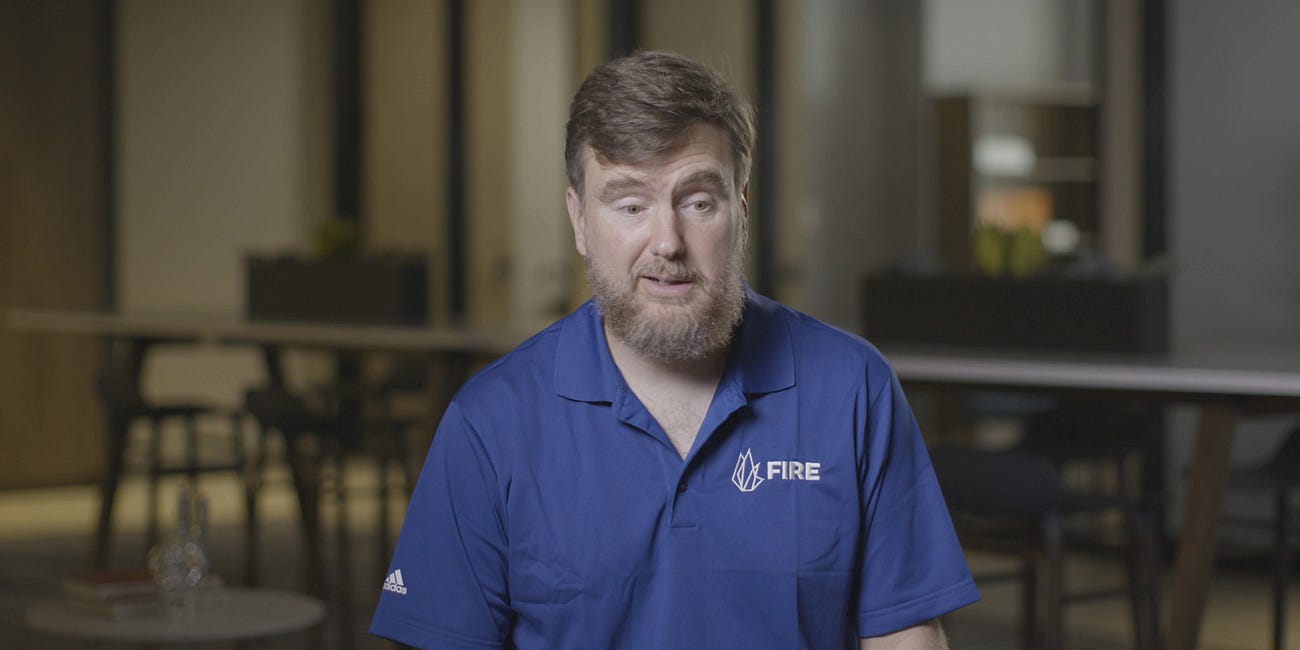Another Harvard Embarrassment, Wealthy Student Protesters, and is Trump (or Trudeau) a Nazi?
A Grab Bag of Things You Might Have Missed

“The Coddling” Movie Tour is Warming Up Again!
Courtney and I are very happy to be participating in this screening (tonight!) hosted by our friends at Braver Angels.
To see where else the film has been, check out our not-completely-updated Tour Dates list.
Is Inside Out 2 Secretly About Helicopter Parenting?
That’s what Emma Camp is wondering:
At a time when concern about skyrocketing rates of depression and anxiety among teenagers is at a high, Inside Out 2 ultimately presents a solution that wouldn't be amiss coming from Jonathan Haidt or Lenore Skenazy.
In the film, Riley's emotions—especially Joy and Anxiety—ultimately serve a parental role, attempting to protect her and lead her to make good choices, while also having limited ability to control her actions. Riley can only become well-adjusted when her most active emotions learn to relinquish some control.
In Inside Out 2, it's not hard to see Anxiety as a stand-in for an ever-hovering helicopter parent. Anxiety is motivated by an earnest desire to secure Riley's future, but her relentless planning and prodding ultimately make Riley miserable. As in the first film, Joy too has to learn to let go—though that particular beat is slightly less straightforward than in the first Inside Out.
And from our recent Inside Out 2 thread, here’s
:Why do we have to go to the 2 extremes of "my problems are because of the system", and "my problems are all my fault"? Can't it be a combination of both? […] Societies with strong religions have better mental health (there is variation here, as well as with how authoritarian the nation state is in its effect on mental health, because liberals and conservatives need different things to be happy). At the same time, people who feel like they have more agency have better mental health than people with less agency. Haidt discusses all this in The Happiness Hypothesis. Socialism wants to blame everything on society, whereas capitalism wants to blame everything on the individual (which, guess what, is itself a collective of both psychological parts and biological organs).
Speaking of The Happiness Hypothesis, here’s Jon on …
How to Become Happier:
[H]appiness and meaning come from getting the right relationship between yourself and others, yourself and your work, and yourself and something larger than yourself. OK, so what exactly do you do now? How can you apply the ideas from the book to make yourself lastingly happier?
Step 1: Diagnose Yourself
For another entertaining, animated take on helicopter parents, check out Leo starring Adam Sandler and Bill Burr.
But it’s not always the parents who do the helicoptering:
At UCLA, some faculty members jumped on an emergency call with Pro-Palestinian student protestors.
“We just got a really clear message from them: ‘We feel unsafe, and we’d like your help in fixing this,’” noted Graeme Blair, an associate professor of political science.
In Westwood, several dozen faculty activists swooped in to assist their young comrades. They participated in around-the-clock shifts at encampments, and even locked arms with students as police began their crack downs.
Plenty of Baby Boomer professors, often in their 60s and 70s, have found a way to relive their protest glory days. Take fledgling undergrads by the hand and guide them through the bumpy world of agitation.
Call them helicopter grandparents.
For more, see:
Student Protesters Turn to Helicopter Grandparents
And speaking of UCLA …
Here’s What Happened When “The Coddling” Movie Went to Westwood
Imagine this real-life UCLA freshman’s experience: In the morning, he sits through his very first DEI session, and later that same day he attends a screening of a certain problematic new film!
Make sure to watch our latest DVD extra (and follow the link below for our extensive DVD extra library).
“Higher Ed is Lying to Students about Freedom of Speech”
Imagine being a lifelong Democrat who heads an organization with a left-leaning staff that has long defended the free speech rights of people across the political spectrum in a nation where the most celebrated leftwing movements flourished because of free speech, and then having to hear, again and again, that free speech is a conservative issue.
Anyone surprised by this?
[V]irulent anti-Israel and pro-Palestinian protests have occurred disproportionately at elite colleges where most students come from relatively rich families.
Totally unrelated, I’m sure, but …
Poll finds only 36% of Americans have confidence in higher education:
Overall, only 36% of adults say they have a “great deal” or “quite a lot” of confidence in higher education, according to the report released Monday by Gallup and the Lumina Foundation. That confidence level has declined steadily from 57% in 2015.
Some of the same opinions have been reflected in declining enrollment as colleges contend with the effects of the student debt crisis, concerns about the high cost of tuition and political debates over how they teach about race and other topics.
Another Harvard Embarrassment
So naturally, a dean at Harvard, the only university to score a zero on FIRE’s College Free Speech Rankings, figured the time was right to take another swipe at free speech:




